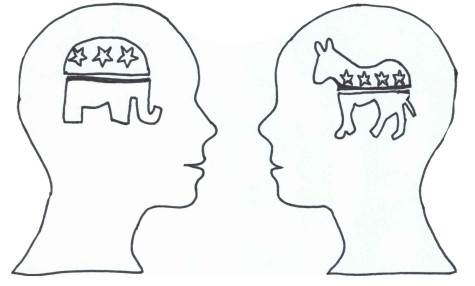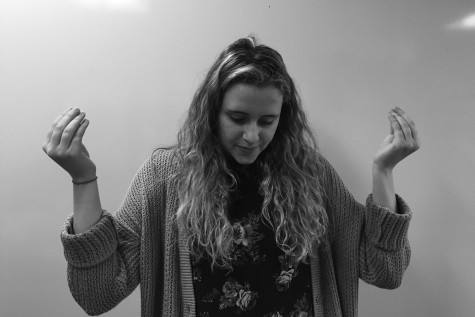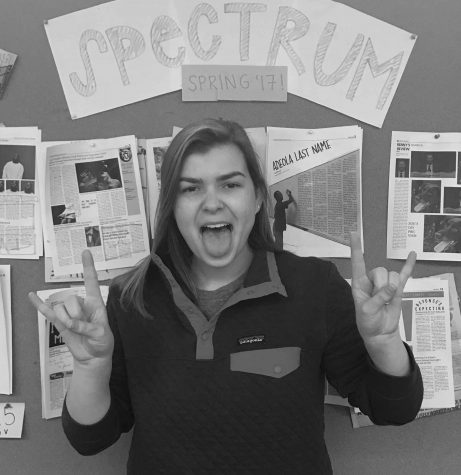The Role of Politics in School
The whole purpose of school is to form identity. That identity is derived out of myriad different pieces and parts of a whole; whether it’s gender or sexual identity, cultural or ethnic identity, each part of someone creates that bigger, complete person. Political identity is one of the most difficult and one of the most important identities to foster. How does one create that identity? Should it be based off of parents and legacy, teachers, classmates, history, or a current state of events? The answer is any or all of those things can and should factor into political identity
Since students are spending a majority of their time in school, it seems like the logical place to foster political identity. Beyond learning math and history, students are learning how to field heated discourse respectfully, how to act as world citizens, and how to engage contrary perspectives. If discussions in class stay in the safe zone of historical debating and avoid current day policy, students and teachers alike will lose discussions filled with moments to engage and learn from.
In a display of student activism over the events in Ferguson, signs were put up endorsing many sides of the debate. Some people noted that they felt attacked or uncomfortable because of the signage. This feeling is important to embrace as long as it felt in a safe space like Blake. In creating controversy, the posters were actually meant to open up the gates to discussion. For those who engaged, it was a productive way to prod the minds of different students with different opinions. For those who leaned back, it was a noisy disruption in the otherwise calm days of their ideas going unopposed.
More students need to lean into the conversation. Those that felt uncomfortable should speak up, understand and vocalize why they felt that way, and assert their opinions. Blake is meant to be a safe space to test and push boundaries. Instead of feeling uncomfortable by being forced to expand boundaries, students should try to engage in these social justice politics to hear other people’s voices and have their own thoughts heard, and teachers and administrators should be open to facilitating and encouraging the engagement.

Conversations about politics often are separated by predetermined ideologies
surrounding political parties.
If some of the most highly educated students veer away from challenging discussion around current politics, we will all miss the opportunity to be educated on the endless opinions and ideas others have. Engage in policy, engage in conversation, and engage in hearing a side different than your own.

Maxine has been a Spectrum Editor since the spring semester of her Freshman year. She was the Student Life Editor for her freshman/sophomore year on staff,...

Hello! It's me, your trusty Editor-in-Chief. I have been an editor since the spring of my Sophomore year, and I haven't looked back since. I have edited...






